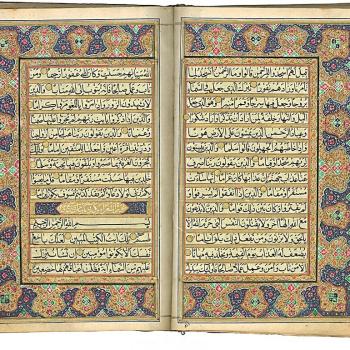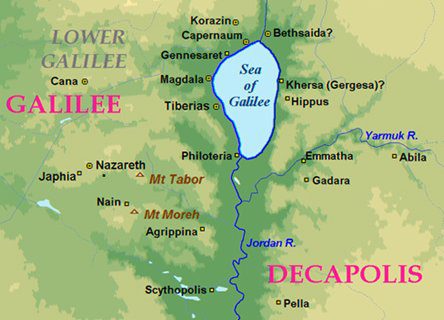
It surprises people to see how small the area is in which the Galilean ministry of Jesus was concentrated:
Magdala, from which Mary Magdalene derived her name, is on the western shore of the lake, and its ruins are still plainly visible today. (Whenever we bring a tour group to Israel, we always drive by Magdala two or three times.)
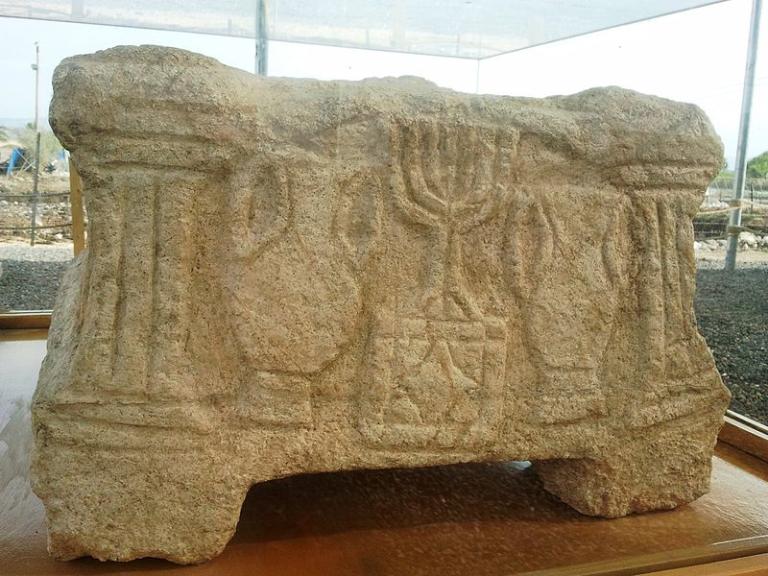
Bethsaida, possibly the birthplace of the apostle Peter, is at the north, while Chorazin and Capernaum are in between.
Really big stories don’t necessarily require really big areas in which to take place.
We should all remember this, as we create our own stories.
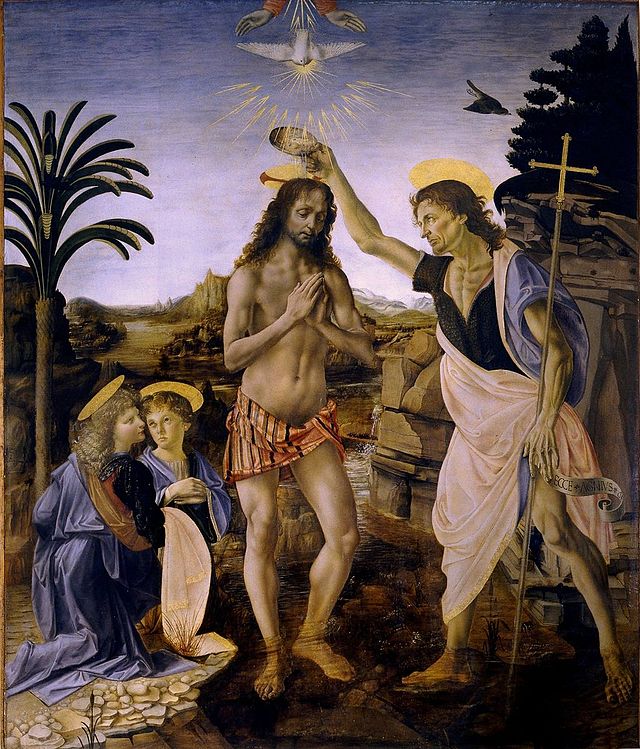
Compare John 3:35; 7:29; 10:14-15; 13:3; 17:2, 25
I understand that orthodox Nicene Trinitarians can read these verses without seeing a contradiction of their notion of a Triune God. But, seriously, it seems to me that the Latter-day Saint understanding of the Father and the Son as two distinct divine personages (rather than as two persons within a single metaphysical “substance,” whatever that might actually mean) is far and away the more natural way to read it (and many other such passages).
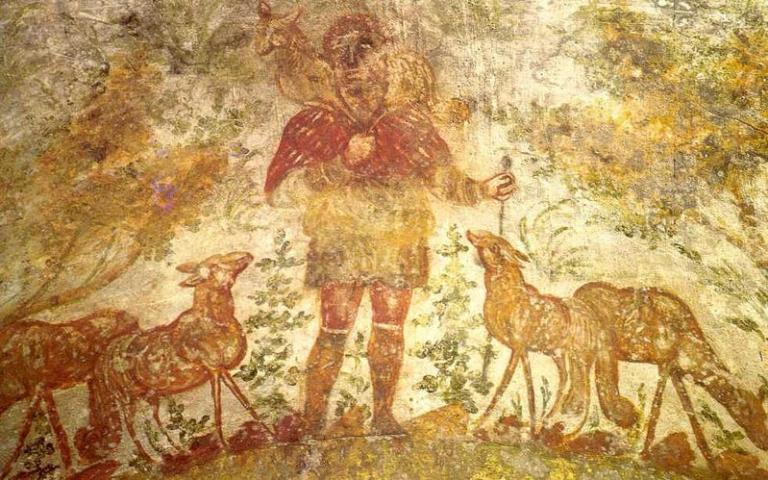
These are three of the most pleasant and reassuring verses in the gospels.
Perhaps something of the nature of the “learning” that Jesus wants us to receive from him (“learn from me”) can be discerned in the fact that the Greek imperative verb “learn!” used here (mathete/μάθετε) derives from the same root as the Greek word “disciples” (mathetai/μαθηταὶ), as in Matthew 12:1, which follows immediately.
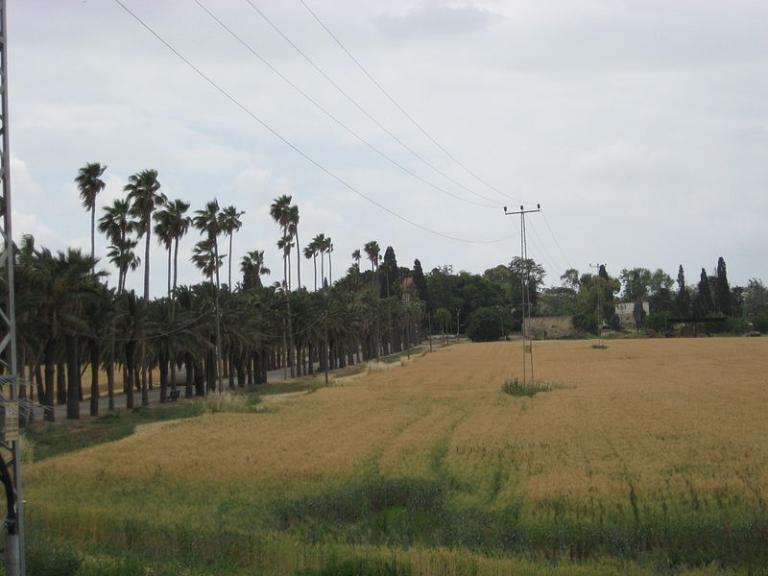
Latter-day Saints take the concept of the Sabbath very seriously, though I sometimes think that we can easily clutter it up far too much and often do so.
But we don’t make a fetish of it.
For that matter, I might add, neither do many Orthodox Jews, whose punctilious observance of the Sabbath some non-Jews like to mock as merely formal and legalistic. Such mockery is unfair. I’ve seen examples of passionate Jewish love for the Sabbath that have moved me, and from which we Latter-day Saints could learn a great deal.
Jesus’ claim, in these passages, to be “lord of the Sabbath” is extremely important, as is his statement, preserved in Mark, that the Sabbath was made for man, not man for the Sabbath.
The teachings of the Gospel don’t exist for their own sake. They exist for the sake of God’s children.
“For behold,” the Lord has said, “this is my work and my glory—to bring to pass the immortality and eternal life of man” (Moses 1:39). “I am come that they might have life,” Jesus declared, “and that they might have it more abundantly” (John 10:10).




